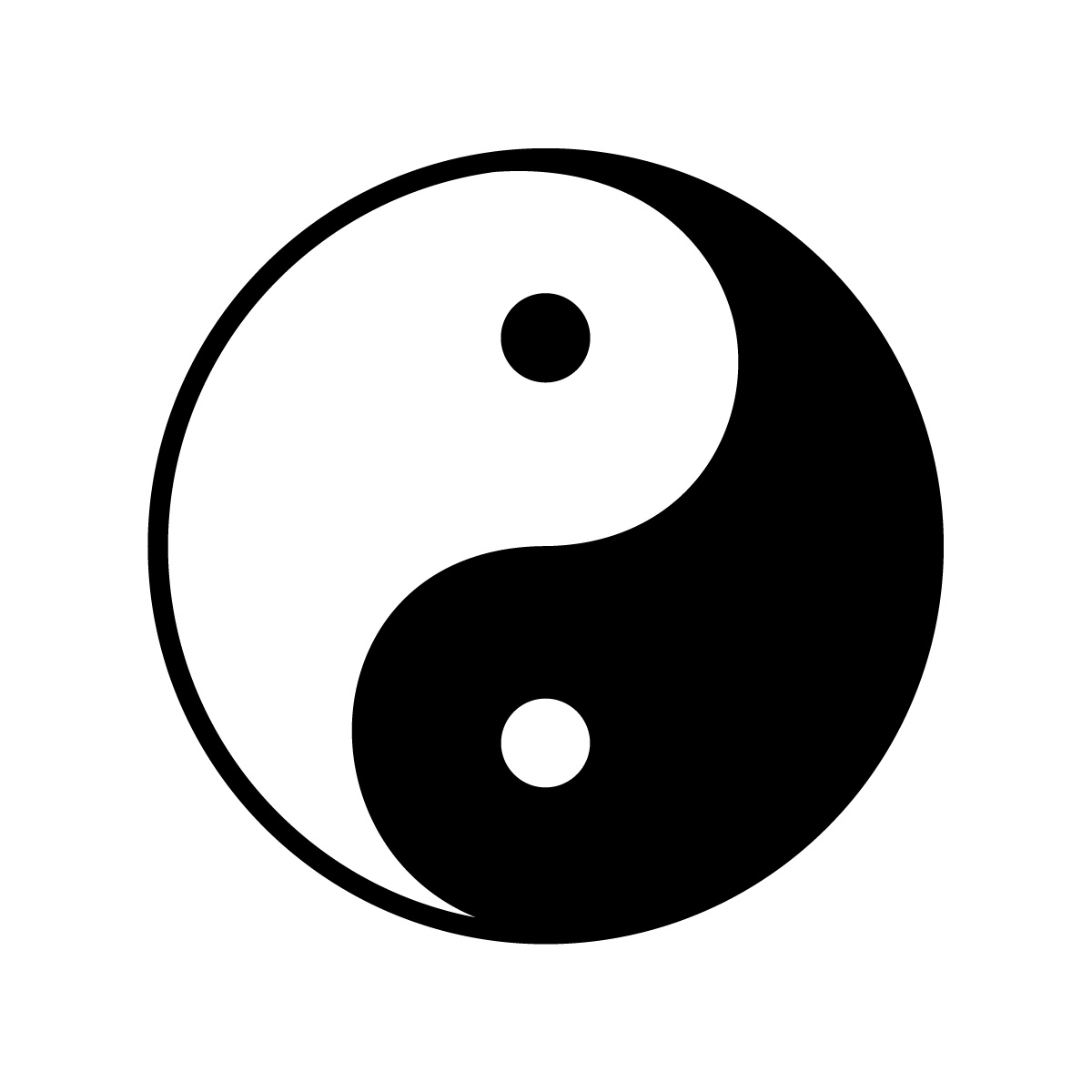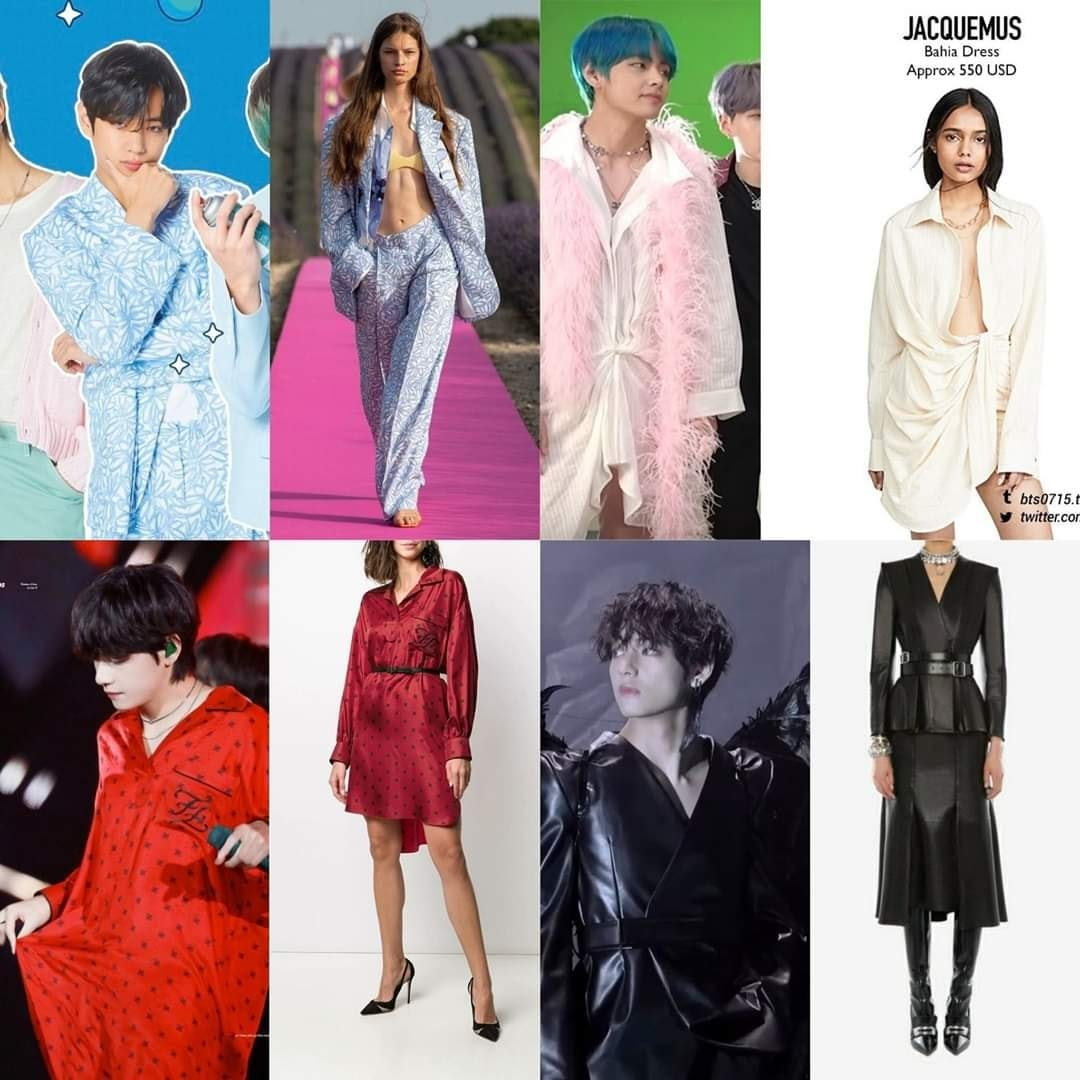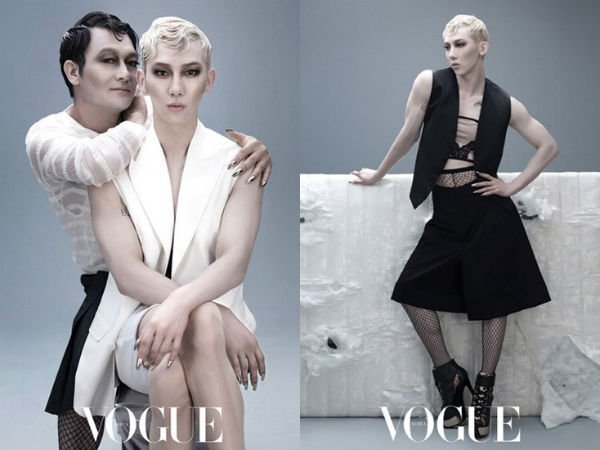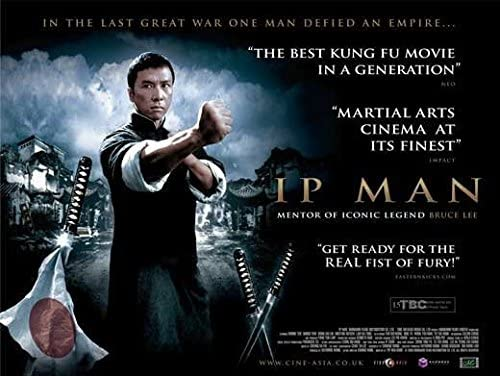In recent years we have started to question and break our gender roles. This phenomenon directly correlates with the feminist movement, where women’s fight for equality is reforming women’s gender roles.
Consequently, this has also affected the way we view men. What is the role of men in society? What does it mean to be a man?
These changes are most prominent in pop culture and the music and arts industry. Now more than ever, people are asking: what is masculinity?
 Yin and Yang Symbol representing female and masculine energy
Yin and Yang Symbol representing female and masculine energy
Historical Context:
Masculinity is characteristics and qualities attributed to men. Historically in most cultures, including Asian cultures, masculinity is defined by strength, providing for your family and being a protector.
However, these characteristics can have negative emotional consequences. Hypermasculinity can lead to being emotionally distant, violence as a display of strength and feeling like you cannot seek help.
In Confucianism yin and yang were used to describe gender roles. Women were yin, which means they were soft, complacent and tranquil. Men were yang, which means they were dominating, tough and assertive.
Masculinity is also reflected in the way men physically present themselves. The way men present themselves is changing. It is apparent that masculinity is shifting towards more progessive ideas.
Masculinity in Media
When East Asian entertainment expanded, the popular East Asian male role models were Bruce Lee, Jackie Chan, Donnie Yen, Jet Li and Hiroyuki Sanada. These men gave us iconic films, many revolving around martial arts.
This is not to minimize the themes of service, family and heroism in these films. But no one would argue against the fact that many of their characters did not show emotional vulnerability.
In “Ip Man,” Ip Man’s wife dies and he is never any less composed, a perfect display of strength.
Their masculinity is also portrayed by their minimalistic outfits of classic black suits and by their strong jawlines on display.
However this level of invulnerability can be damaging for men. In 2018 the American Psychology Association warned against “traditional masculinity.”
It explained how extreme masculinity, like dominance and stoicism, can lead to aggression and an increased suicide rate in men.
Changes in Masculinity:
 BTS’s V wearing clothing traditionally made for women
BTS’s V wearing clothing traditionally made for women
It’s difficult to pinpoint the exact cause of shifts in culture. It is most likely a combination of Japanese aesthetics and the Korean beauty industry.
Regardless, it became acceptable for East Asian men to have interests in beauty and still be considered a masculine man. With the popularity of K-pop and K-dramas, a new ideal type of man has risen.
These men are not any less strong and courageous, but they are also allowed to express vulnerable emotions. They defer to others for help and partake in traditionally feminine things.
In the music industry, bands like BTS speak at lengths about their inner turmoil and depression. In an interview with Esquire, BTS’s Suga denounces traditional masculinity.
He also emphasizes that struggles with mental health do not make one weak or less masculine. Dramas like “Strong Woman Do Bong-soon” have the male lead consistently deferring to the female lead when he is out of his depth.
These changes in attitudes are shown in celebrities’ preferences for softer looks. They use traditionally feminine aspects of fashion, such as makeup, dresses and facial jewelry.
These changes do not eradicate toxic masculinity or discrimination against people who break gender norms. However they are great first steps in allowing everyone to express their physical appearances and emotions in a healthy way.
[zombify_post]



0 Comments